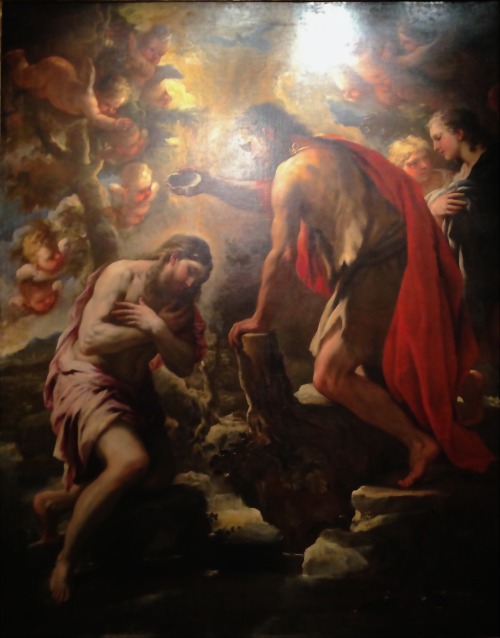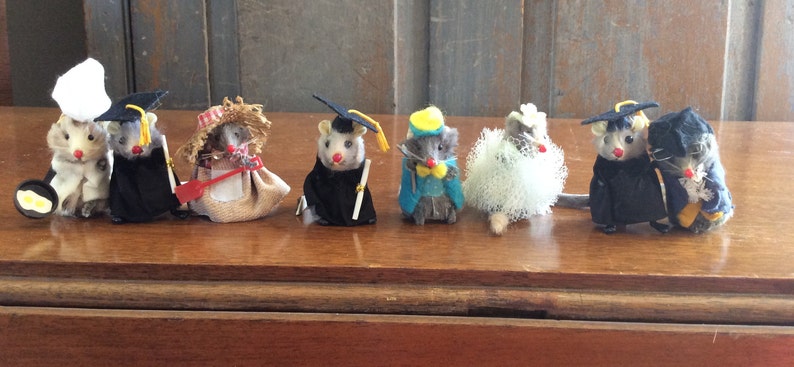The Poet Spiel, a/k/a the artist Tom Taylor, has been sharing his outsider perspective on politics, sexuality, and disability for nearly 70 years in his raw poetry and passionate, psychedelic visual art. Read my review of his retrospective collection Revealing Self in Pictures and Words (2018). As a child, he suffered from headaches and seizures that were treated with invasive medical procedures, such as the neuroencephalogram described in the first poem (TW for medical trauma).
the procedure
give me
catastrophe
give me
wailing
give me
bobbleheads
with hair on fire
and toothpicks
poked
into their eyes
i want
to make a scene
and paste it
to a table with
screaming wheels
i can drive back
to my youth
on the day
they shoved
that needle up
the base
of my spine
to extract
any trace
of comfort
from my brain
****
mixed intentions
from so far away, he’s left behind
(but not without concern)
in hands of others who may find the mystery of why he suffers so.
it may be something like a tumor on his brain;
it might be tangible.
and wouldn’t it be nice to find something seeable, just something one could grasp,
even if it’s something terrifying,
like a tumor on the brain of this child who’s shown such promise to become
the special child in the family of this farmer.
so the child is tendered
by the hands of nurse lola
who has hands of black, like hands
that never have touched him before.
lola comforts him.
she daily soothes his body with her lotions
and her humor and he wonders at her blackness —
how it is that she can be
so tender, be so comforting,
as all the doctors study him.
doctors do their tests and fill their clip boards with notes;
then, they confer while lola tenders him —
his headaches never hurting
while her black hands touch him,
while his mother and his father are so far away
(but not without concern)
and having left him in the hands of others
who, they pray, might find the mystery
of all his suffering.
but, in fact, they come to learn there is no tumor there
and further steps must be explored.
the steps will be drastic because
his doctors must remove the fluid
from around his brain
to visualize it better.
this will be painful for the child.
now, he must be moved to a private room
with new nurses at his side.
he is so sad to bid
his lola, tender lola, a goodbye.
he will cry in secret for her hands of black
with pearly lotions and her humor soothing down his suffering.
the procedure is a hideous one.
from somewhere at the base of this child’s spine,
they drain his brain of natural fluids
but with the outcome yielding not much at all —
yet, more pain than any pain
this child has known —
his brain now hanging, unprotected,
by its natural pillow of the liquid
that nature gave to balance it —
an unnatural state of being.
this is a crime against the nature of his body, now causing a level of pain
beyond the combine of all the pain he has ever known.
and what’s more, this crime has yielded next
to nothing in the search to learn the reason
for the suffering in the innocence of this special child of promise.
now, his father on his long distance visits from the farm,
must bear down upon his head,
his nurses pressing firmly at his feet each moment as he tries to cry,
because each movement of his body
causes movement of his brain
that no longer has a pillow of the fluid they have robbed.
so, when he sees someone has sent him a bouquet of pretty flowers and his tears
come out in gushes,
his entire body has to be restrained to prevent his brain
from banging in his head — unshielded there by nature.
and from far away, the place where he was born,
comes the preacher of the church his family attends,
and the preacher waits his turn
out in the hallway while nurses change his sheets and dose his medicines
to help him bear his grief.
and just then,
while the preacher waits,
so also comes from far away,
the mother of his dearest friend,
and she also is a dear friend of this child,
this woman who is not a preacher
but in practice of the christian science church.
the preacher and this woman sit out in the hall,
waiting to take their turn in speaking to the child,
his pain so great, he hardly knows his name —
let alone a reason to receive
these patient guests.
but come they have, and the preacher
is first to read his scriptures,
say his prayings,
dismiss attention to the nurses
holding down his head and feet,
shove a silly get-well card into his hands
with names of every person at the church
the day the card was signed;
and then be on his way.
the child is edgy. he feels confused
and wants to be alone.
wants things back the way they were
and hiding in his barn, back home, alone,
with no one knowing,
no one paying any mind at all,
just leaving him alone — in hiding.
but then, he tries to shift,
to change the way his body lies
and suddenly, a scream comes from his gut;
his brain bangs back against his skull.
he’s dumbfounded as his nurses grab his feet,
then press his head against his bed to steady him.
he’s come to think this trauma will not end —
that what the doctors robbed from him
will never be replaced
and he will spend his life in agony.
his best friend’s mother now steps in to visit him,
to speak of how one’s ills are understood
by means of spirit teaching, by believing.
but the only thing of meaning to the child
is that he’s always wished
that she was his mom,
that he could replace his own mother
with her and that he’s wished her son
could be his boyfriend
(though he’s too young to think this way and knows that this is wrong).
it is her son who is the only child
he’s had a bond so strong that it could make him wish to live and not to hide.
even now, within this torture,
he can think of how he wishes for the comfort of her son to come,
to hold him at his side.
she tells him that her son and others
at his school have gathered coins
so that when he comes back home,
he’ll have a record player all his own
so, when he burrows in his attic room,
he can play his favorite music at his will.
and this will be a gift, because
he has so many friends and they are praying,
just as she has come these many miles
to deliver her teachings and her gift of spirit.
some six months it takes for nature to replace
the cushion round his brain.
and through this time,
and even though the child is back
within his realm; he’s so careful as he walks.
he must take each step to sense the liquid round his brain
as it, by nature, fills the space the doctors vacated
and the crazy torture they have put him through,
yet finding nothing to report —
nothing
anyone
can touch
nor see.
but he’s left with thoughts of lola.
thoughts of friends he never knew he had,
who’d gathered money for a gift
that he can touch and see and hear.
now, he can choose what he hears.
but he holds harried thoughts within his brain,
that he will just remain a “something”
that cannot be repaired
and he will always hide away in the darkness of the corner of his barnplace,
where there are no windows, no one prying in.
where he slams the barn doors shut;
where the freak is hidden in a jar
that no one sees.
he tries, again, to think of lola,
tender lola,
her black hands,
same as the blackness
inside his barn.


